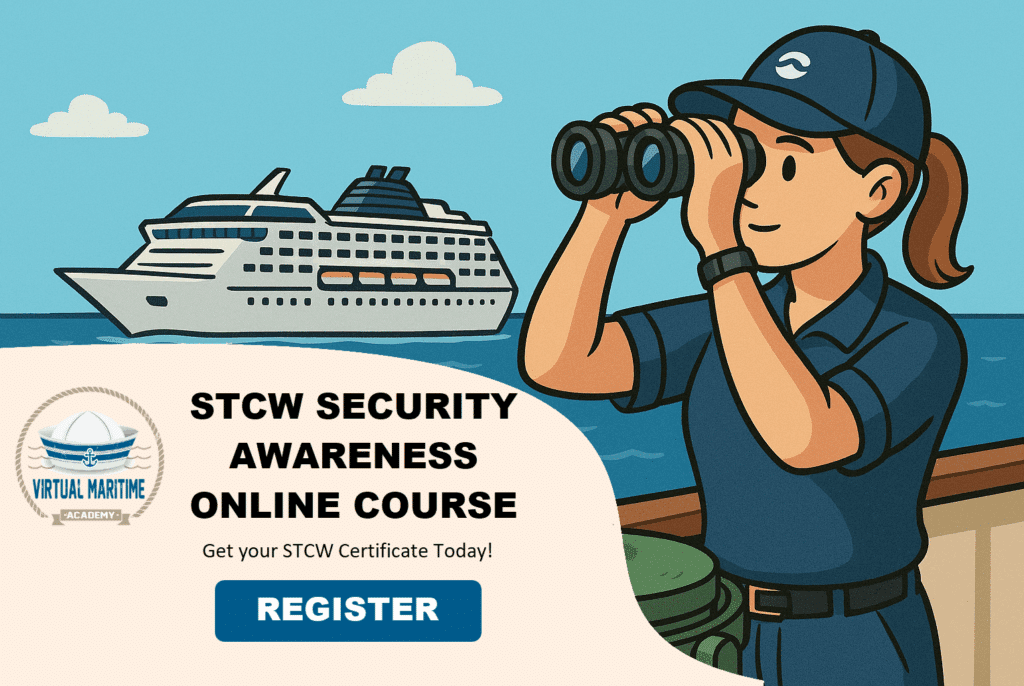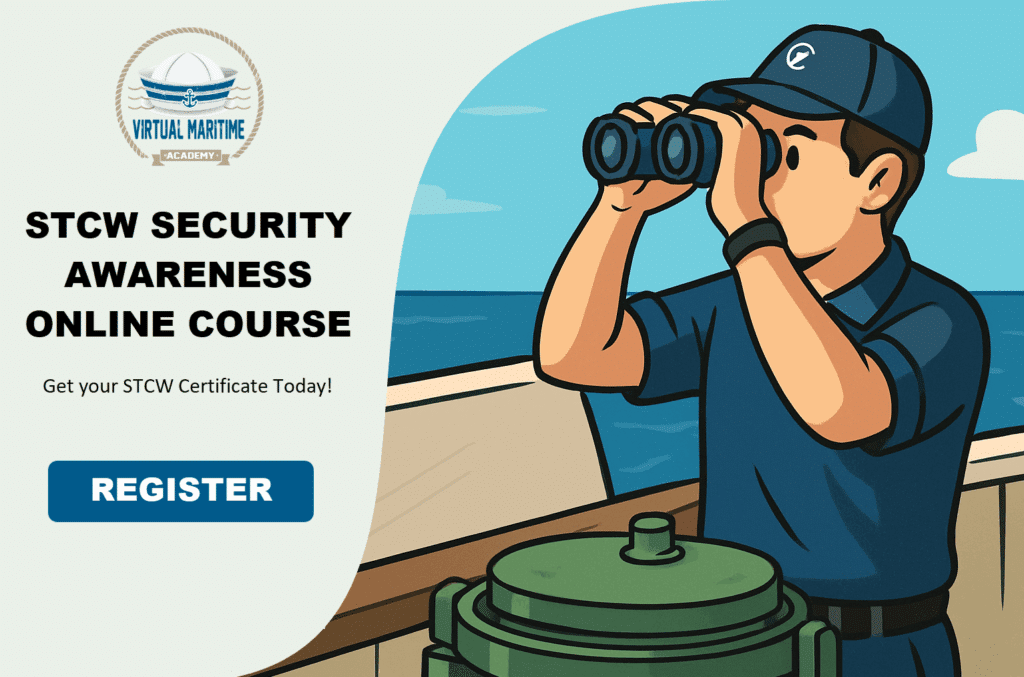With the ever-evolving threat landscape, maritime security has become a critical concern for nations and organizations globally. The expansive nature of the world’s oceans and the sheer volume of goods transported via maritime routes necessitate robust security measures. Central to these measures is maritime security awareness training, which plays a pivotal role in safeguarding lives, vessels, and cargo. This article provides a comprehensive overview of the key objectives of maritime security awareness training.
Understanding Threats and Risks
The primary objective of maritime security awareness training is to educate personnel about the various threats and risks present in the maritime environment. These include piracy, terrorism, smuggling, human trafficking, and cyber-attacks. Personnel are trained to recognize suspicious behavior, identify potential threats, and understand the risks associated with different maritime operations.
Compliance with International Regulations
Maritime security training ensures that all personnel are familiar with and adhere to international regulations and standards. Important frameworks include the International Ship and Port Facility Security (ISPS) Code, which provides a standardized framework for evaluating risk, and the Safety of Life at Sea (SOLAS) Convention. Understanding and complying with these regulations help in maintaining a secure maritime environment.
Enhancing Situational Awareness
Situational awareness is the ability to accurately perceive and interpret the surrounding environment and anticipate potential security incidents. Maritime security training enhances situational awareness by equipping personnel with skills to continuously monitor their environment. This skill is crucial in responding promptly and appropriately to security breaches.
Emergency Response Preparedness
A significant aspect of maritime security awareness training is preparing personnel for potential emergency situations. This includes understanding evacuation procedures, conducting regular drills, and familiarizing oneself with emergency equipment. Training ensures that personnel can effectively respond to incidents such as piracy attacks, fire outbreaks, or accidental spills.
Fostering a Security-Conscious Culture
Developing a culture of security within maritime operations is essential for maintaining long-term vigilance. Security awareness training fosters this culture by emphasizing the importance of individual responsibility and collective action. Personnel learn to prioritize security measures in their daily duties and contribute to a safer working environment.
Effective Communication and Coordination
Effective communication is critical in managing maritime security. Training programs focus on enhancing communication channels and protocols among crew members and between the vessel and onshore authorities. Coordination ensures that information about potential threats or ongoing incidents is quickly and accurately disseminated, allowing for a coordinated response.
Utilizing Security Equipment and Technologies
Modern maritime security involves the use of advanced equipment and technologies such as surveillance systems, automated identification systems (AIS), and cybersecurity measures. Training programs ensure that personnel are proficient in using these tools to detect, deter, and respond to security threats. Familiarity with security equipment enhances overall operational effectiveness.
Promoting Proactive Security Measures
Proactive security measures are essential in preventing security incidents before they occur. Maritime security awareness training encourages proactive behavior, such as conducting regular risk assessments, maintaining vigilance, and implementing preventive measures. Personnel are trained to anticipate potential vulnerabilities and address them proactively.
Case Studies and Real-World Applications
Learning from past incidents is a valuable component of maritime security awareness training. Training programs often include case studies of real-world incidents to illustrate the practical application of security principles and strategies. Analyzing these cases helps personnel understand the complexities of maritime security and the importance of adhering to best practices.
Overall, maritime security awareness training is indispensable in creating a secure maritime environment. By focusing on these key objectives, training programs equip personnel with the knowledge, skills, and mindset necessary to navigate the multifaceted challenges of maritime security effectively.











